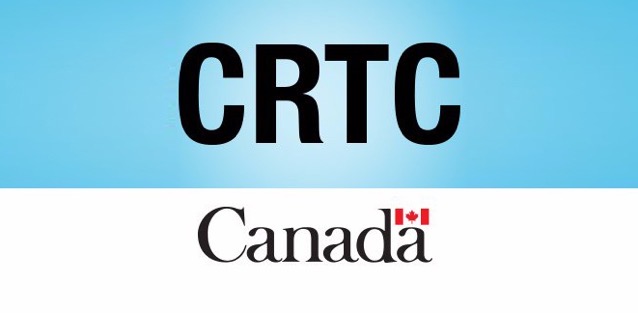
CRTC Halts New Radio Applications, Surprising Broadcasters
The Canadian Radio-television and Telecommunications Commission (CRTC) has unexpectedly announced a halt on all new radio applications and complaints for a period of approximately two years. The move has left many radio broadcasters reeling, especially those facing immediate challenges.
Kevin Desjardins, president of the Canadian Association of Broadcasters, expressed concern, stating that many stations have been effectively told they cannot raise any issues until the implementation of the Online Streaming Act is complete, reports The National Post.
Several association members of the National Campus and Community Radio Association, already deep into the application process, might now find it difficult to remain sustainable due to unforeseen costs, said Barry Rooke, executive director. Rooke said that around half a dozen new stations aiming to apply with the CRTC will face sustainability challenges.
Every year, the CRTC processes hundreds of radio filings. However, the federal broadcast regulator noted that during the modernization of its regulations under the Online Streaming Act, it anticipates significant delays. Nonetheless, applications related to ownership changes will still be processed.
The Online Streaming Act, or Bill C-11, drew attention for its potential regulation of user-generated content. This bill mandates streaming giants like Netflix to contribute to the Canadian content system. After much debate, the CRTC has been directed to exclude posts from digital creators and the general public.
In a recent statement, the CRTC remarked that the act’s implementation is a comprehensive process that will introduce major alterations to the Canadian broadcasting system. The regulator defended its two-year pause by suggesting that it would allow the public and stakeholders to focus on the modernization of the broadcasting system.
Only in “exceptional circumstances” will the CRTC consider new applications, based on the availability of time and resources.
Over the past year, Rooke noted that nearly a dozen community groups, eager to initiate radio stations, have contacted his association. He highlighted that these groups represent communities currently underserved by commercial radio stations and the CBC. The two-year pause poses significant challenges, especially regarding funding opportunities like fundraising and local advertising. Without a license, these stations won’t have the capacity to operate effectively.
Rooke advocates for the CRTC to introduce a fast-tracking or temporary license system, especially for community stations that don’t typically compete with commercial radio broadcasters. He emphasized that for communities lacking local media, there seems to be no justified reason for the suspension.


